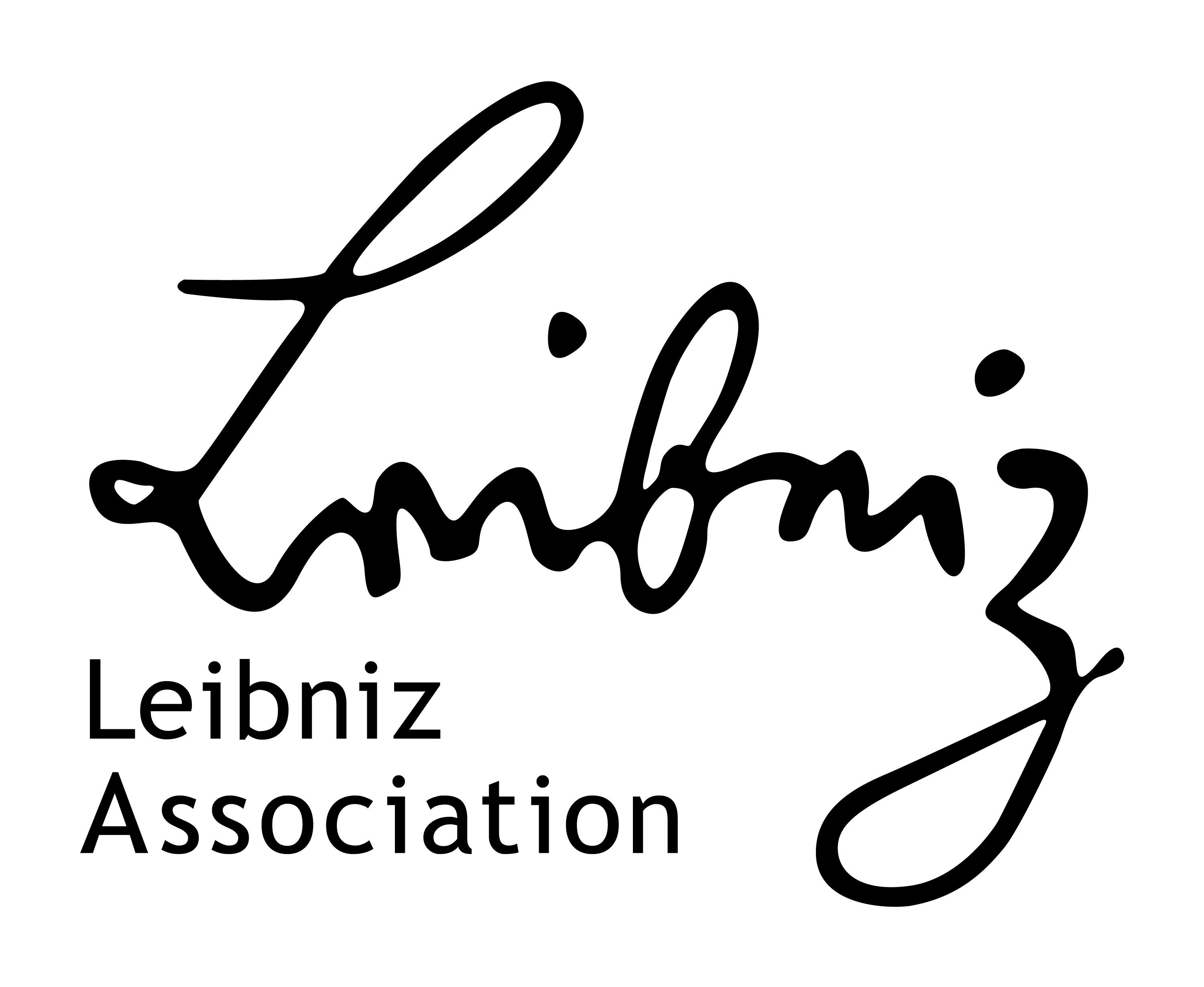
1974
Research Group Leader, Leibniz Institute for Resilience Research (LIR), Mainz, Germany Professor for Organizational and Business Psychology, Johannes Gutenberg-University, Mainz, Germany
Study of Psychology at the University of Leipzig, Germany
Dr. rer. nat. degree, University of Leipzig, Germany (magna cum laude), Department of Psychologie, Prof. Dr. G. Mohr)
Research Group Leader at the Leibniz Institute for Resilience Research (LIR), Mainz, Germany
Research Group Leader at the German Resilience Center (DRZ), Mainz, Germany
W2 Professor for Work, Organizational and Business Psychology at the Johannes Gutenberg University, Mainz, Germany
Visiting Professorship at the Otto-Friedrich University Bamberg, Germany
Member of the scientific staff at the Work and Organizational Psychology Unit at the University of Leipzig
Member of the National Accreditation Commission for the EuroPsy-Certificate
Spokesperson of the Gutenberg Academy
Editorial Board Member at the Journal of Organizational Behavior
Deputy Spokesperson of the Gutenberg Academy
Associate Editor for Applied Psychology: An International Review
Spokesperson of the section of Work, Organizational and Business Psychology within the German Psychological Association
Healthy Campus, BARMER GEK
Editorial Board Member at the Journal of Occupational Health Psychology
Head of Psychological Institute at the Johannes Gutenberg-Universität Mainz
Deputy Spokesperson of the section of Work, Organizational and Business Psychology within the German Psychological Association
Editorial Board Member at the Scandinavian Journal of Work and Organizational Psychology
Interplay of Education, Health and Workability. Federal Ministry of Education and Research
Organizer German Conference Work, Organizational and Businesspsychology in Mainz, Germany
Dynamics of Work-related Demands and Stress, Graduate Program, Johannes Gutenberg-University Mainz
Invited Scoping Review on Interruptions and Disruptions of Work. Federal Institute of Occupational Safety and Health
Theodor-Litt Award at the University of Leipzig for Excellence in Teaching
Dissertation-Award issued by the section of Work, Organizational and Business Psychology within the German Psychological Association
Peter M, Rigotti T, Holtmann J, Vahle-Hinz T (2025) I’ll be back! Examining adaptive change processes in emotional exhaustion and time pressure. J Occup Health Psychol. 30(1):1–15. doi:10.1037/ocp0000395
>> Link to articleSchilbach M, Baethge A, Rigotti T (2024) How past work stressors influence psychological well-being in the face of current adversity: Affective reactivity to adversity as an explanatory mechanism. J Bus Psychol. 39:1–18. doi:10.1007/s10869-023-09922-7
>> Link to articleVahle-Hinz T, Otto K, Rigotti T (2024) Effects of demands and resources in the team context. Small Group Res. 55(6):884–918. doi:10.1177/10464964241261950
>> Link to articleArnold M, Schilbach M, Rigotti T (2023) Paradigms of resilience research: A short inventory and an outlook. Psychol Rundsch. 74(3):154–165. doi:10.1026/0033-3042/a000583
>> Link to articleKörner LS, Mülder LM, Bruno L, Janneck M, Dettmers J, Rigotti T (2023) Fostering study crafting to increase engagement and reduce exhaustion among higher education students: A randomized controlled trial of the STUDYCoach online intervention. Appl Psychol Health Well Being. 15(2):776–802. doi:10.1111/aphw.12410
>> Link to articleKunzelmann A, Rigotti T (2021) Challenge demands and resilience: Strain and learning as different pathways. Z Arb Organ. 66:59–71. doi:10.1026/0932-4089/a000363
>> Link to articleRigotti T, Yang LQ, Jiang Z, Newman A, De Cuyper N, Sekiguchi T (2021) Work-related psychosocial risk factors and coping resources during the corona crisis. Appl Psychol Int Rev. 70:3–15. doi:10.1111/apps.12307
>> Link to PubmedSchilbach M, Baethge A, Rigotti T (2021) Do challenge and hindrance job demands prepare employees to demonstrate resilience? J Occup Health Psychol. 26(3):155–174. doi:10.1037/ocp0000282
>> Link to articleSchilbach M, Selenko E, Baethge A, Rigotti T (2021) Work in times of Brexit: explanatory mechanisms linking macropolitical events with employee well-being. Eur J Work Organ Psychol. Published online: 2022 Jan 5. doi:10.1080/1359432X.2021.2019709
>> Link to articleWerner AM, Tibubos AN, Mülder LM, Reichel JL, Schäfer M, Heller S, Pfirrmann D, Edelmann D, Dietz P, Rigotti T, Beutel ME (2021) The impact of lockdown stress and loneliness during the COVID-19 pandemic on mental health among university students in Germany. Sci Rep.11(1):22637. doi:10.1038/s41598-021-02024-5
>> Link to Pubmed




